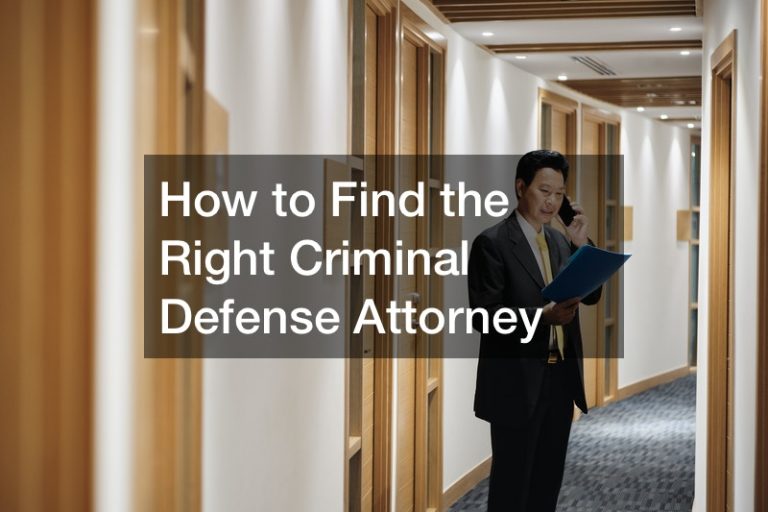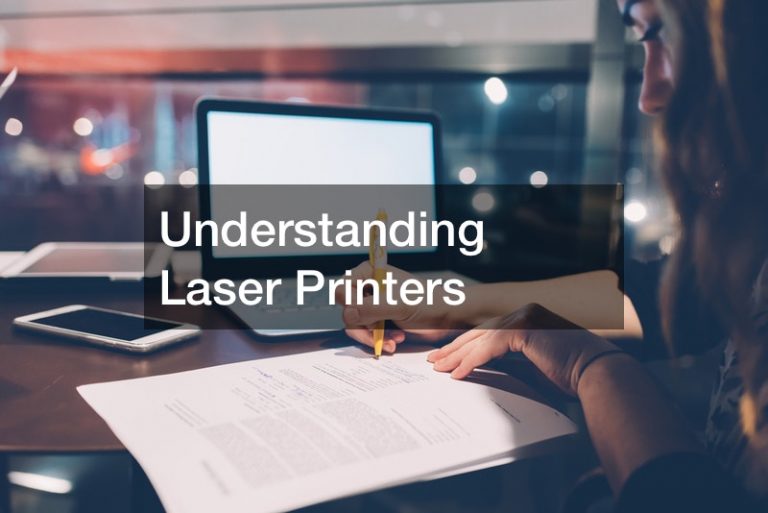Ultimate Guide to Bail Bonds What Should You Know?

Bail is a financial arrangement between the client, who is awaiting trial, and a bail bondsman for a price. The bondsman will arrange for the release of their client on condition that they pay their bond or bail. If you are thinking about applying for a bail bond, then you should consider everything about it. Here is what to know about a bail bond before choosing your options.
What Is a Bail Bond?
A bail bond is an agreement between the court and the surety that you will appear in court as required if you are released from jail. The surety agrees to pay any fines or fees you may owe while out of custody. If you fail to appear for your court date, the surety can be held liable for all those charges.
Local bail bonds are not insurance policies. It is important to understand what to know about a bail bond and the relationship between bail bonds and insurance. Insurance companies do not write bail bonds. They only insure against losses caused by accidents and other events covered under their policies.

How Does a Bail Bond Work?
This is another important question you need to ask when determining what to know about a bail bond. The bail bond company pays a fee to the court when you sign up for a bail bond. This money goes into a fund that helps cover the costs of releasing people who have been arrested. When someone signs up for a bail bond, they agree to pay the amount of money set by the judge at the time of release.
The bail bond company then posts this money as collateral on your behalf. One of the things you should understand when it comes to what to know about a bail bond is that if you don’t show up for your court hearing, the bail bond company must pay the full amount of the bond plus any additional penalties assessed by the court.
What Does a Bondsman Do?
A bondsman is an individual licensed by the state to act as surety for another person. A bondsman will take responsibility for paying any fines or penalties imposed on the person he is bonded for and, if necessary, will pay bail money for his client to secure their release from jail. Here is what to know about a bail bond in this case.
Bondsmen will post bonds for individuals charged with a crime in exchange for a fee. The amount of the bond depends upon the seriousness of the crime and the amount of bail required.

Types of Bail Bonds
Wondering what to know about a bail bond and the different options available? The following types of felony bail bonds to consider;
Cash Bond
A cash bond is the most common type of bail bond. It involves the payment of money to the bail bondsman. You must post at least 10% of the bail amount required. In some states, this percentage may be higher. The bail bondsman then pays the judge on your behalf. Once the judge approves your release, they send the paperwork back to the bail bondsman who releases you.
Collateral Bond
A collateral bond is similar to a cash bond except that instead of paying cash, you provide collateral. For example, you could pledge your car title or home equity loan as collateral. Your collateral will be held until the case has concluded.
Surety Bond
A surety bond is when someone else (the ‘surety’) agrees to pay the bail if you do not show up in court. The surety is often a friend or relative of the accused. They agree to pay the entire bail amount if the defendant does not show up in court, even if they don’t know where the defendant is.
Court Order Bond
When a judge issues an order for the arrest of a person, the bail bondsman posts a bond for the full amount of bail. They also promise to return the full amount of bail plus interest if the person shows up in court.
Warrant Bond
A warrant bond is when a judge orders the arrest of a person based on information provided by law enforcement. The bail bondsman posts a bail bond for the full amount. However, unlike other types of bonds, the bail bondsman doesn’t promise to return the full amount plus interest if the person fails to appear in court. Instead, the bail bondsman only guarantees that the person won’t flee before the trial date.
How Do You Get a Bail Bond?
When someone is arrested and taken to jail for federal crimes, they are typically given a bail amount set by a judge. If the arrested person or their loved ones have the money on hand, they can pay the bail, and the person will be released until their court date. If they cannot pay, they can contact a bail bond company. The bail bond company will then post the bail on the person’s behalf, and in return, the arrested person will pay the company a non-refundable fee (usually 10-15% of the bail amount). The company will also typically require collateral, such as a house or a car if the person does not show up for their court date.

Can Someone Be Denied Bail?
This is also an important question to ask when determining what to know about a bail bond. Here are common reasons why the court and even the bail bonding company can deny you bail.
The Nature of the Crime
One of the most common reasons for bail to be denied is the nature of the crime that has been allegedly committed. If the crime is serious, such as murder or rape, then there is a greater risk that the accused will try to flee before their trial. As a result, the judge may feel it is necessary to keep the accused in custody until their trial date.
Flight Risk
Another common reason for bail to be denied is if the judge believes there is a flight risk. This means that there is a risk that the accused will try to leave the country or otherwise avoid a standing trial. To determine this, the judge will look at factors such as whether the accused has ties to the community (such as family or a job) and whether they have a criminal record.
Safety of Others
In some cases, bail may be denied because the judge believes releasing the accused would harm others. This is most likely to happen in domestic violence or stalking cases, where there is evidence that the accused has threatened or harmed their victim in the past.
How Do Bail Bonds Work?
Contrary to popular belief, you don’t need to be a wealthy person to post bail. Bail can be posted by anyone who has the money to do so. However, you can contact a bail bond agent if you don’t have the money to post bail. Bail bond agents are also known as surety companies or professional bail bondsmen. They post bail on behalf of defendants who cannot afford to pay it themselves.
For a bail bond agent to post bail, the defendant must sign a contract agreeing to pay the agent a non-refundable fee.
If the defendant fails to appear for their court date, the judge may issue a bench warrant for their arrest, and they will forfeit their collateral.

How Does a Judge Decide on the Bail Bond Amount?
The judge does have some leeway in setting amounts for jail bonds. Here are some of the factors that the judge may consider when making a decision:
The Severity of the Crime
Obviously, defendants who have been charged with serious crimes are deemed a bigger flight risk than those who have been charged with less serious crimes. As such, they may be required to post a higher bail amount.
The Defendant’s Criminal History (Or Lack Thereof)
If the defendant has a long history of skipping out on court appearances that will weigh heavily in the decision. The same is true if the defendant has never been arrested before. The court may see this as an indication that the defendant is not a flight risk.
The defendant’s ties to the community: If the defendant has strong family or community ties. For example, if they own a home, or have a job, then the court may deem them less of a flight risk and set a lower bail amount.
The Risk of Danger to Others
In some cases, defendants may be considered a danger to others if they are released on bail. For example, defendants charged with domestic violence may be considered dangerous and have their bail set accordingly.
What Do Bail Bonds Affect?
Another important thing to understand when determining what to know about a bail bond is how you are the bond company will be affected.
A bail bond is a contract between the court, the defendant, and the bail bonding company. If the defendant fails to appear for their court date, the bail bond company must pay the full bail amount to the court. This can have a significant financial impact on the bail bond company, as well as the cosigners of the bail bond.
Which Bail Bond Agency Should You Choose?
Choosing a bail bond company can be a daunting task, especially if you’ve never had to do it before. Here are three tips to help you choose the right bail bonding services.
Look for a Company That Has Experience
The bail bond business is a regulated industry, so you’ll want to make sure you choose a company that knows all the ins and outs of the process. A company with experience will be able to get your loved one released from jail quickly and efficiently.
Make Sure the Company Is Licensed
All bail bond companies must be licensed by the state where they operate. This ensures that they are legitimate and have met all the requirements.
Choose a Company That Is Willing to Work with You
Getting someone out of jail can be stressful, so you’ll want to choose a bail bond company that is willing and able to answer all of your questions. They should also be willing to work with you to develop a payment plan that fits your budget.
What Should You When You Get a Bail Bond?
This is another consideration when it comes to what to know about a bail bond. If you or someone you know has gotten a bail bond, here are five things to do next.
Understand the Conditions of the Bond
When you get a bail bond, you will be given a list of conditions you must adhere to for the bond to remain valid. These conditions may include obeying a curfew, not leaving the state and regular check-ins with a probation officer. You must understand what is expected of you to avoid violating the terms of your bond and being sent back to jail.
Make Sure You Have Enough Money to Cover the Premium
The premium is the non-refundable fee that you pay to the bail agency for them to post your bail bond. In most cases, this fee is 10% of the total bail amount. So, if your bail is set at $5,000, your premium will be $500. In some cases, collateral may also be required in addition to the premium.
Go to All of Your Court Dates
If you skip out on your court date, your bail bond will be revoked, and an arrest warrant will also be issued for you. To avoid this, ensure you have all the necessary information (date, time, location) well in advance, so there are no mix-ups on the day of your court appearance.
Check In With Your Probation Officer
As part of the terms of quick bail bonds, you may be required to check in regularly with a probation officer. This is typically done by setting up an appointment and going into their office at the appointed time. Another thing to note when it comes to what to know about a bail bond is that probation officers typically work 9-5 Monday through Friday. Ensure you have their contact information and office address to easily get in touch with them when needed.
Stay out Of Trouble!
The best way to ensure you don’t violate the terms of your bail bond and end up back in jail is to stay out of trouble while you are awaiting trial. This means obeying all laws and avoiding criminal activity until your case has been resolved in court.
This article covered what to know about a bail bond before making any decision. You should consider talking to an attorney about your particular charges before you make any decisions about bail. They will be able to help you with the details of your case, such as speaking to the prosecutor, and they can tell you if there are any special conditions that apply to the bail you receive.







